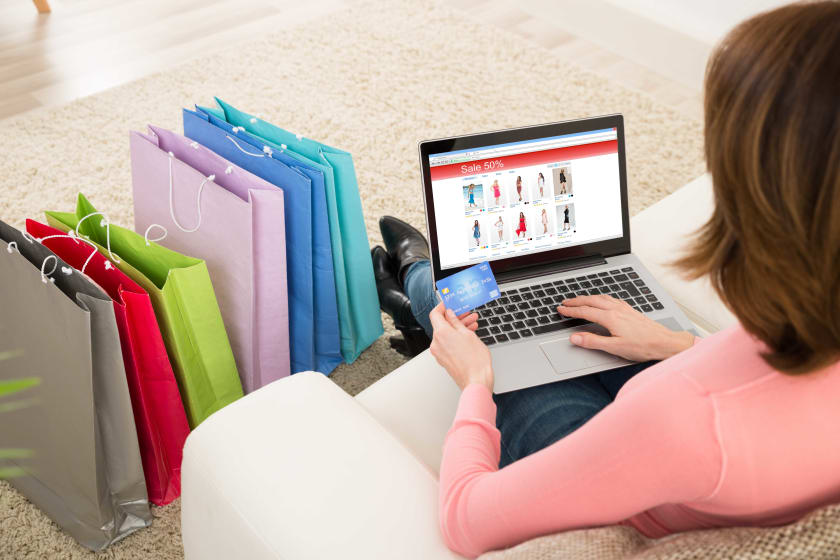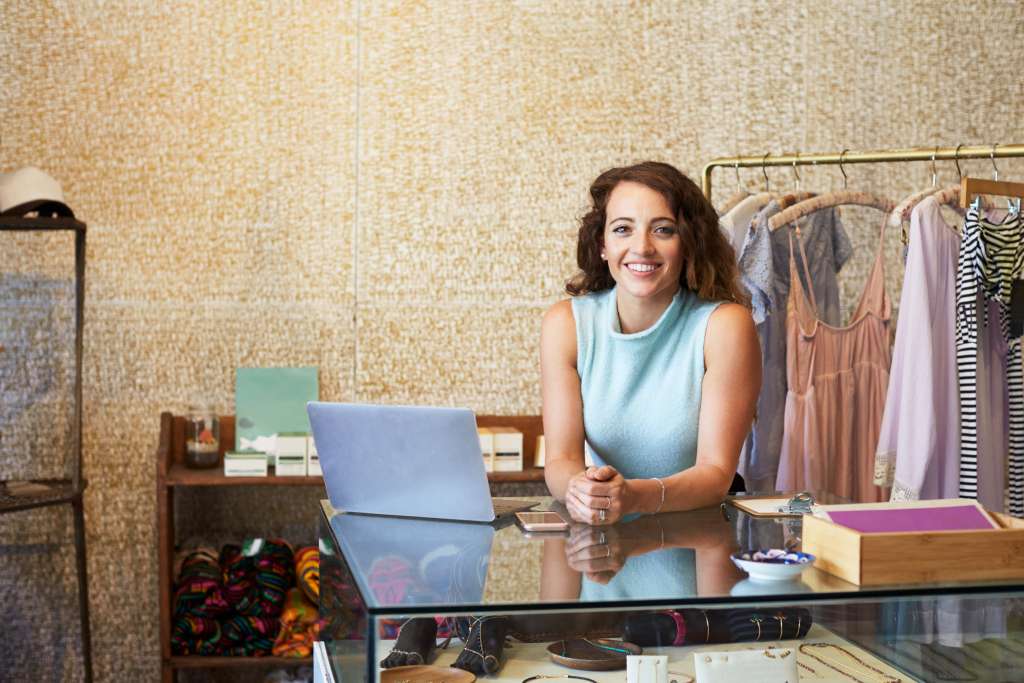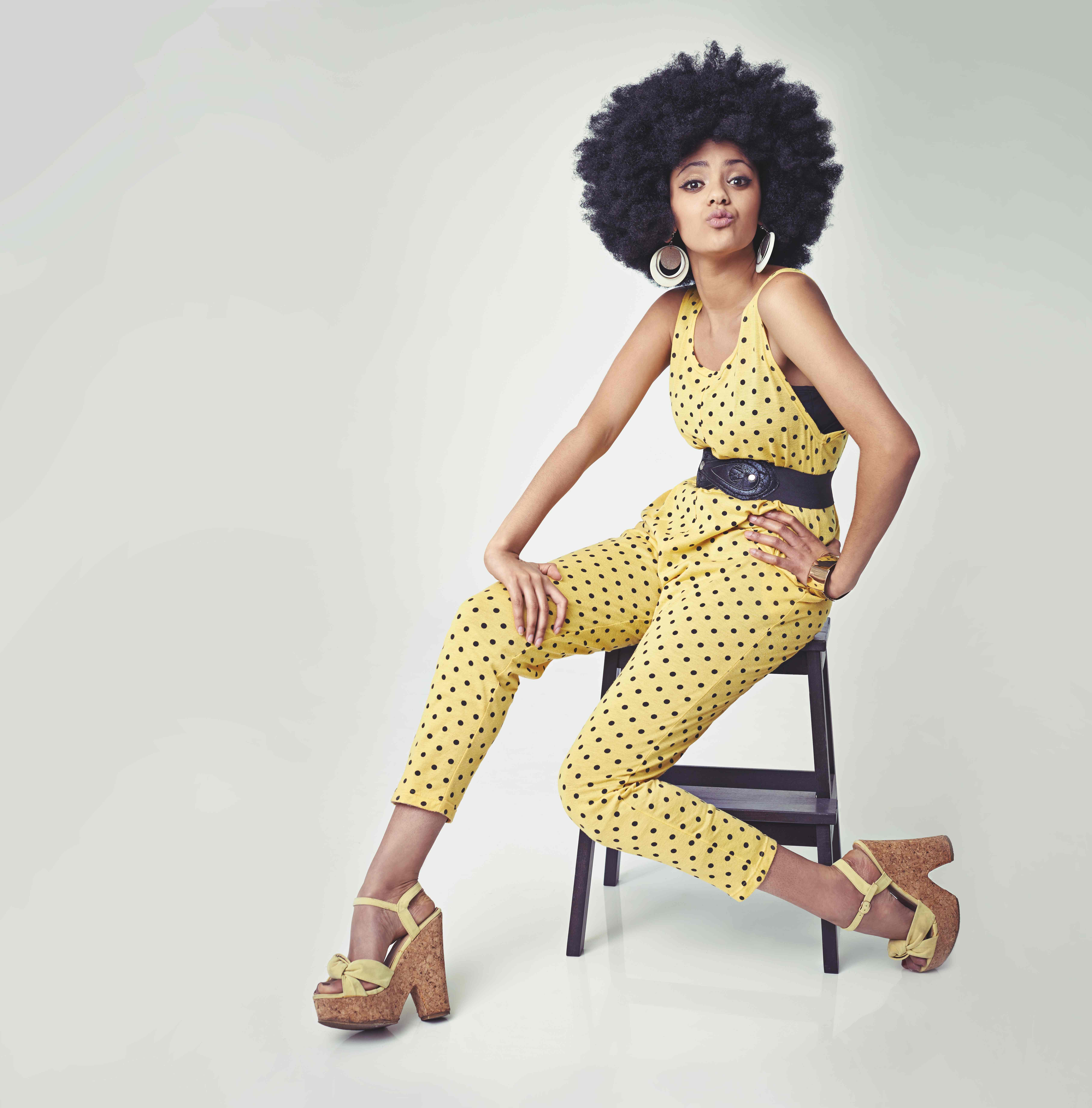Online Shopping Behaviour This Festival Season



Summary: It's that time of year again when people are looking out for deals on everything from clothing to tech gadgets. Businesses are wanting to give their customers the best deals to earn better profits. It's important for both marketers and retailers to understand a marketing tactic that is, studying consumer behavior during festivals.
The holiday season is a crucial period for the apparel and retail industry. According to JungleScout, roughly 30% of consumers have already started their shopping for this holiday season. It is also interesting to know that the average consumer was estimated to spend around $1,500 on holiday shopping in 2021.
Hence fashion brands and retailers need to plan well in advance to handle the much-anticipated holiday shopping frenzy. One way to ensure this is to understand the shopping behavior of consumers, especially during this time of year. To maximize holiday sales, brands must also consider what their consumer wants!
Brands and retailers should look at the following trends that will probably govern their shopping habits this holiday season.
1. The Urge To Gift
Apparel is one of the most favorite gifting categories. Around 77% of holiday shoppers have said, they will buy clothes and accessories in the 2022 holiday season to gift someone. This category is also expected to see the highest average spending, with $304 closely followed by greeting cards and, toys and hobbies at $235 and $187, respectively.
Brands can encourage shoppers to make larger purchases by providing exclusive deals and discounts, converting one-time customers into loyal followers. It is a fantastic strategy to keep the current clients while bringing in new ones.
2. FOMO of The Offer
In marketing, FOMO, or "Fear Of Missing Out," signals the audience to buy products and close more deals in a short period.
During the festival season, 60% of consumers make purchases due to FOMO, with the majority doing so within 24 hours of a sale. The majority of the huge deals and offers flood web feeds and other advertising platforms, and consumers are afraid of losing out on buying items in their wishlists at lower prices. This psychologically manipulates shoppers to seize any opportunity so they don't miss out on any fantastic deals during the festive season.
3. Support Small Businesses

According to a ComScore survey, 93% of buyers prefer to purchase at local and small businesses. Consumers seek out sustainable and unique items, but they do so mostly to support the community.
Local brands compete with one another considerably more than larger ones, but they also assist one another, creating a symbiotic relationship. People shop locally for these reasons, and local brands and designers who capitalize on this fact may find themselves at a competitive advantage.
4. Shop Sustainability
Consumers are becoming more environmentally concerned so they are more inclined to favor sustainable brands over non-sustainable ones. Many buyers, particularly Generation Z, prioritize sustainable buying. 34% of Gen Z customers in the US believe they would buy more sustainable fashion products if they were more widely available, compared to 23.6% of overall consumers.
5. Advance Shopping
The fear of selling out or missing out on deals causes consumers to buy well in advance. According to an NRF poll, 44% of shoppers feel that it is better to shop for holiday gifts and other items in advance because prices tend to go up before the end of the year. To capitalize on early shoppers, brands and retailers should make sure that merchandise and gift sets are marketed and available to shop in good time.
6. Impulsive Buying

According to a Facebook investigation, 74% of global consumers were found to be researching gifts for themselves over the holiday season. According to psychologists, the tendency to make impulsive purchases is connected to the desire to feel in control and improve one's self-esteem.
Around the holidays, people frequently feel happy and are in a joyful mood. Studies suggest that impulsive buying rose during the COVID-19 pandemic. Stress and anxiety, as well as spending more time at home, may have played a huge role in this behavioral change in consumers. This indicates how shopping is frequently used to cope with emotions, reduce distress, and boost mood, besides allowing consumers to express their unique sense of self.
7. Spends More Time On Phone
According to Google data, 60% of consumers start their shopping trip on one device but end it on another. They use various tools to browse, research, compare, and make purchases.
It is no longer surprising that there are more than 7 billion mobile phone users in the world. One-third of Americans now have three or more smartphones at home. Many using these devices to shop from anywhere, at any time aligns with Google's concept of micro-moments,' or small windows of opportunity when customers are ready to convert.
Brace yourself for the holiday shopping frenzy

There has never been a better opportunity than now to gain greater insight into your customers' evolving buying habits and expectations. Consider how you may accommodate these changing preferences and needs as well into your marketing strategy. It's crucial to make sure you're in a favorable position to market and sell.
Key Takeaways:
- With time, customers' buying behavior is changing rapidly; hence understanding the psychology behind their purchase can skyrocket a brand's reputation and financial gains.
- Brands can encourage people to continue acting sustainably and begin to bring about longer-term change by providing experiences that feel good, effortless, and rewarding.
- Knowing how your clients behave will help you tailor your marketing to meet their unique spending requirements.
you with upscaling and focusing more on sales through detailed inputs. To plan out the strategy smoothly, visit us at Fashinza.



















